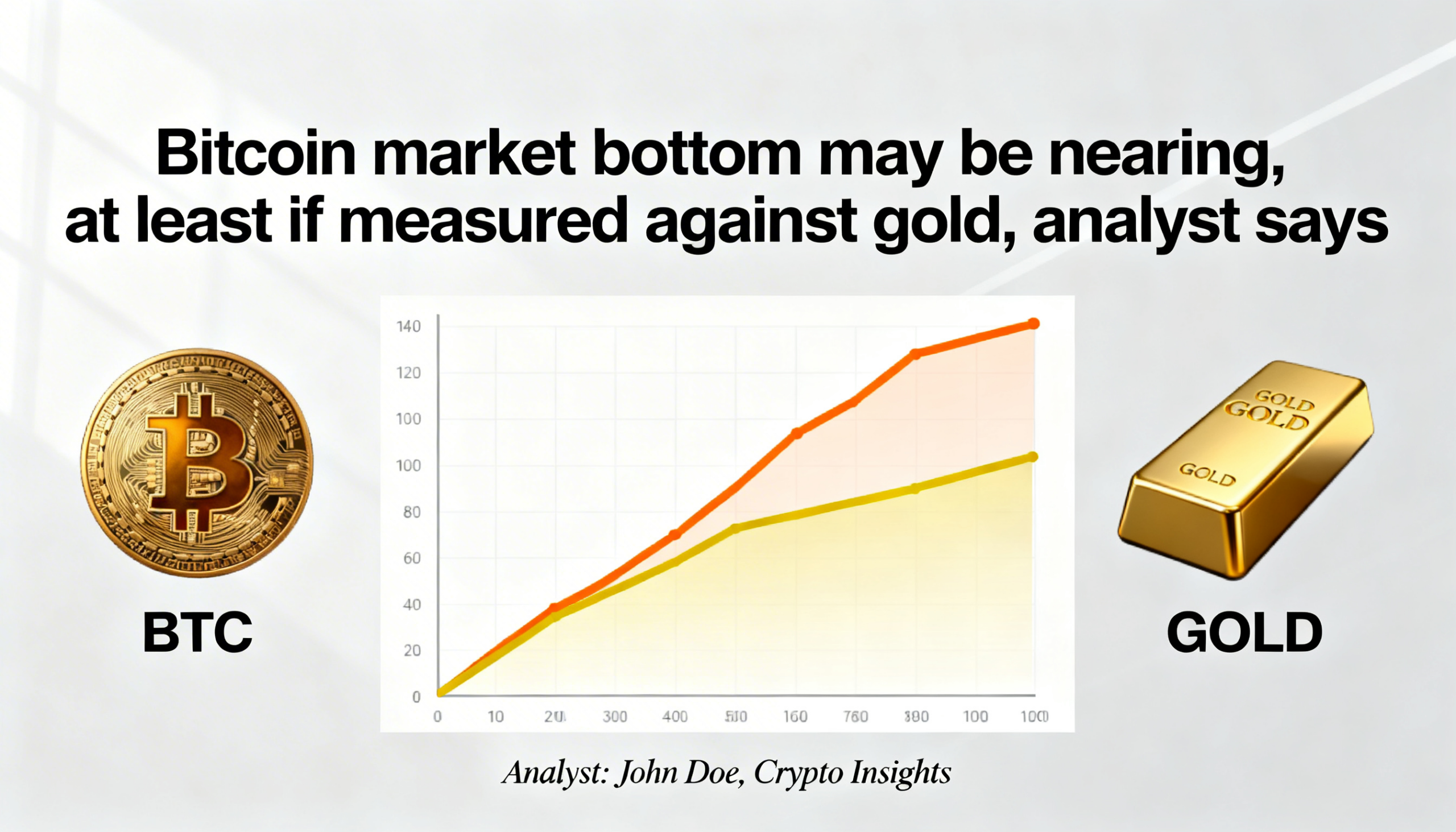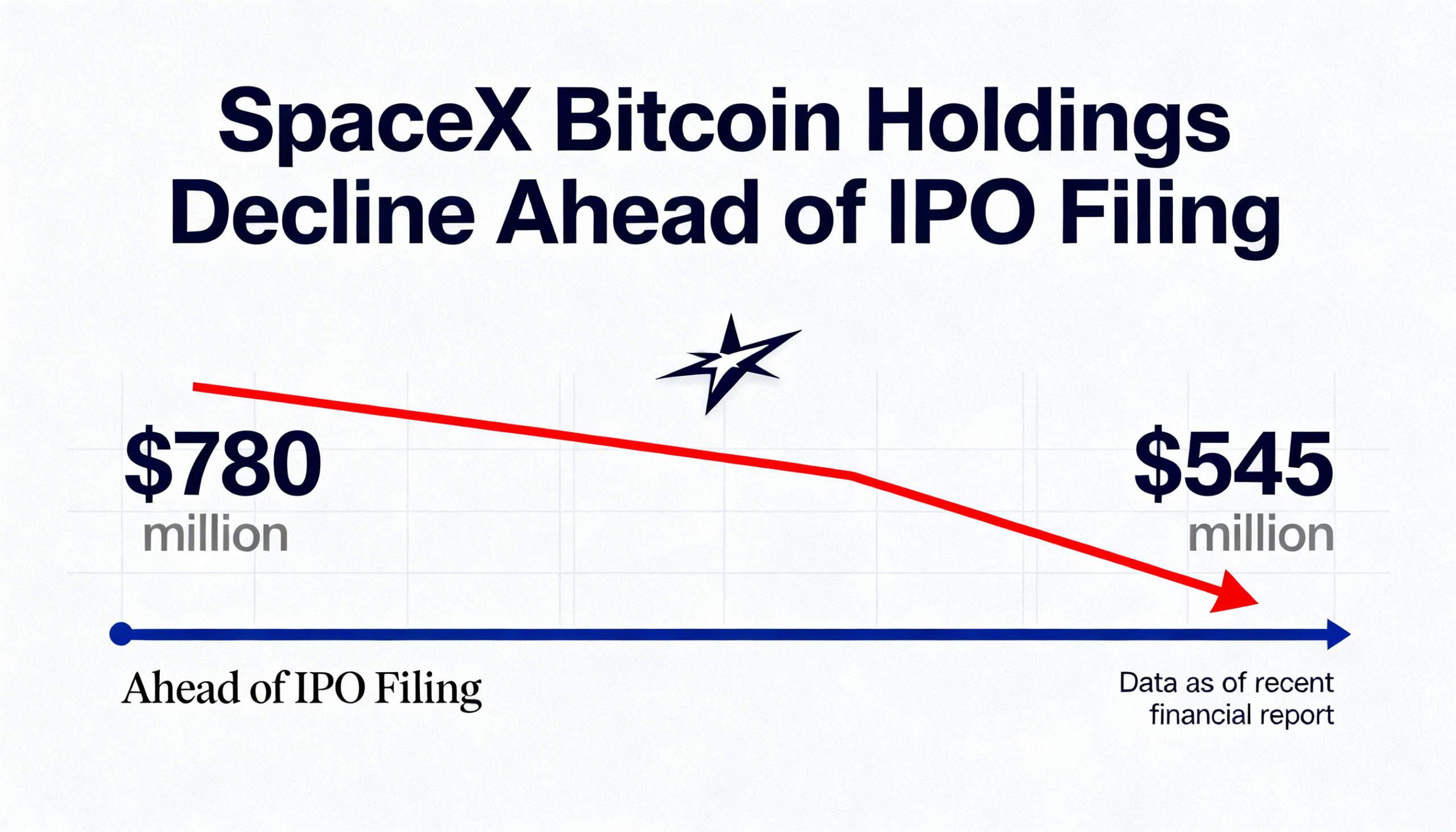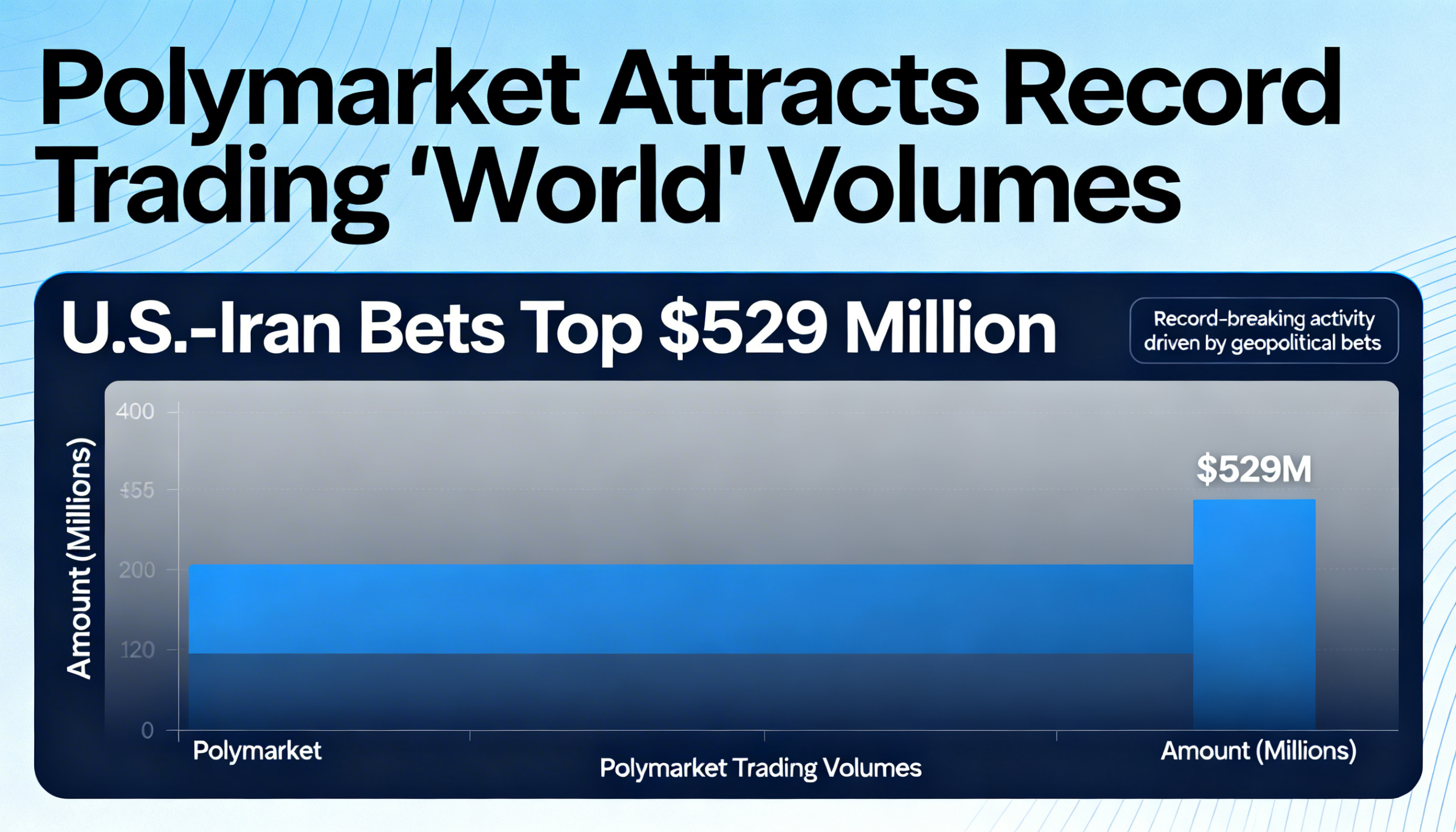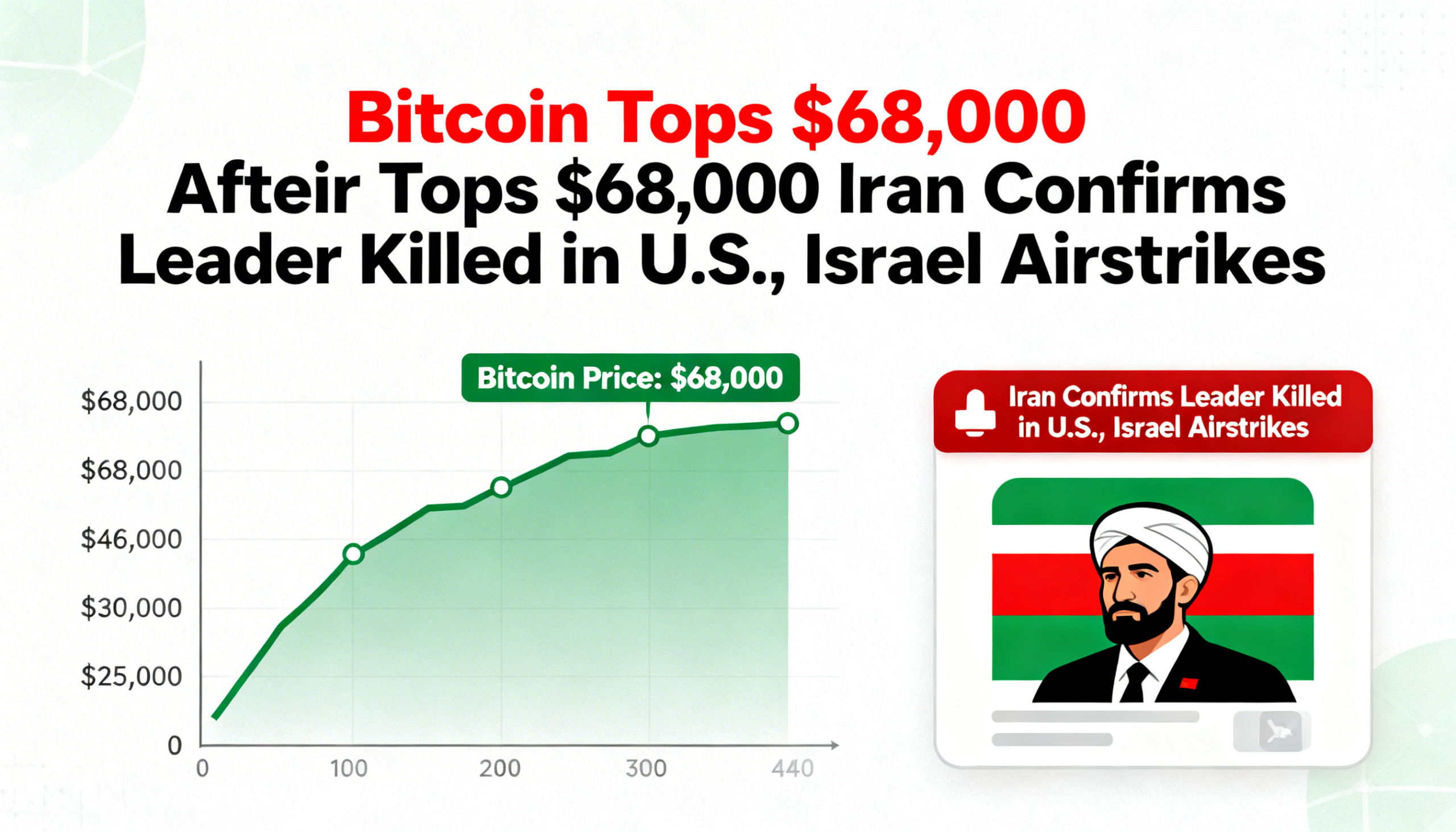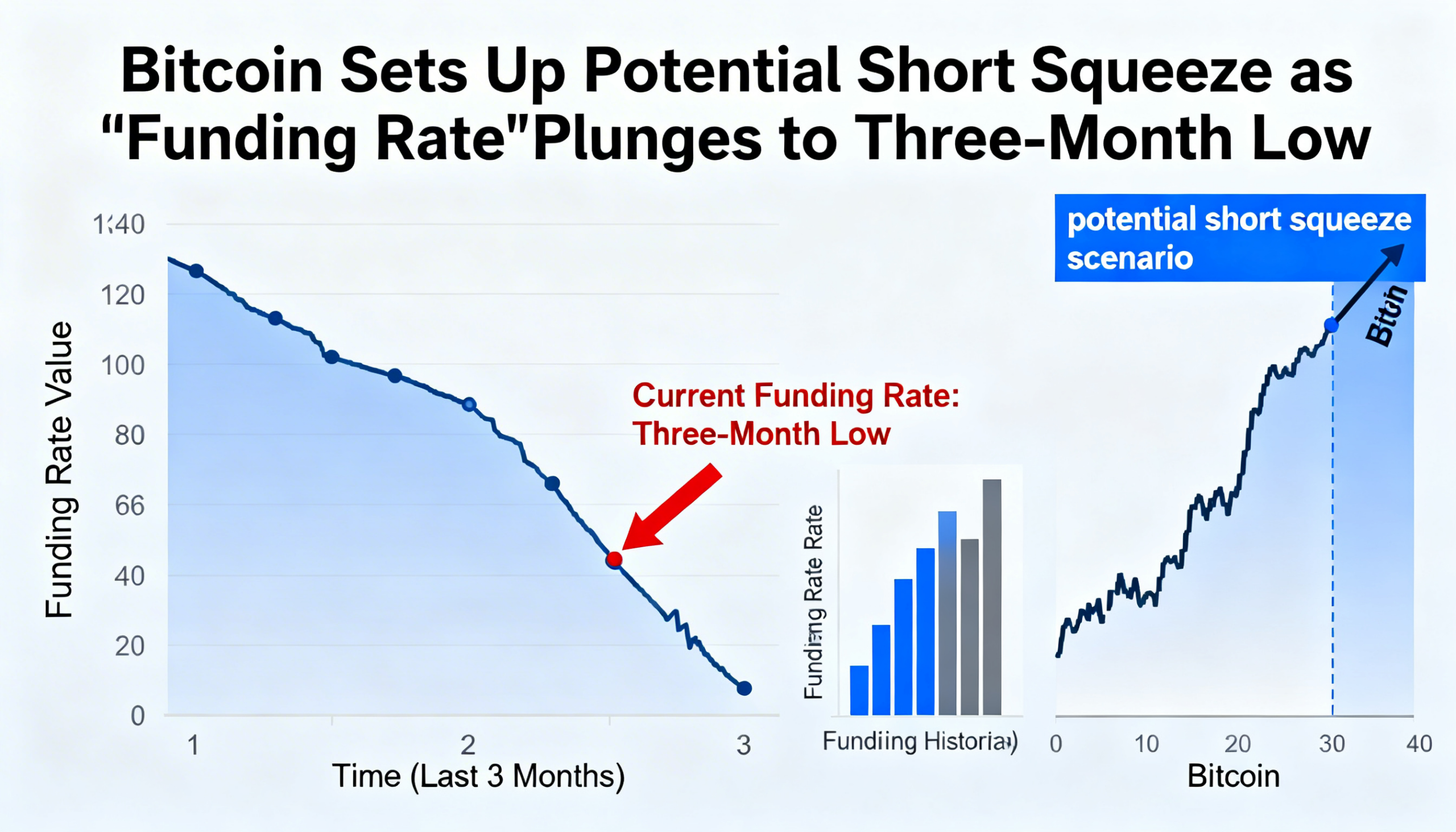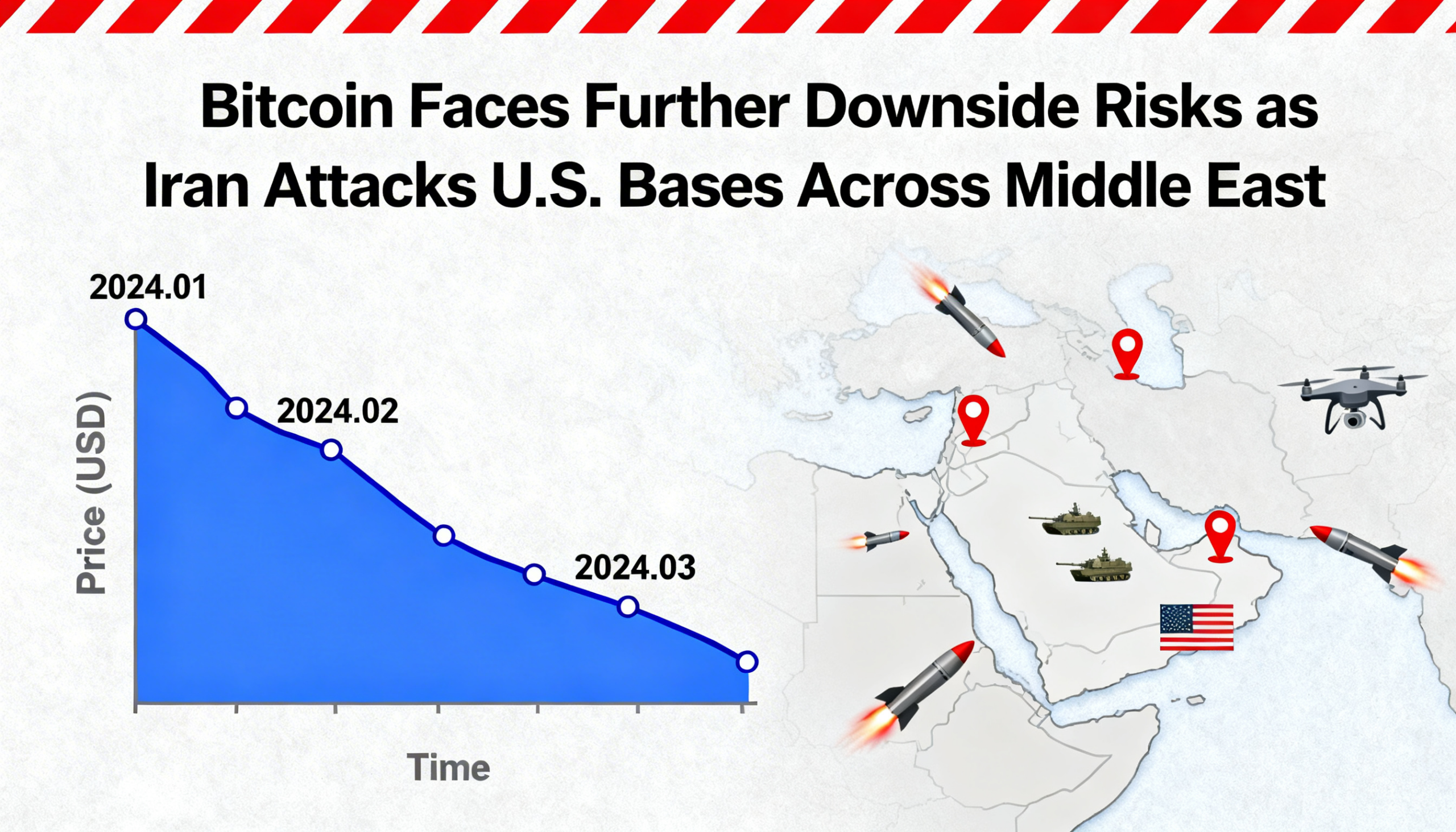
At Token2049 in Singapore, crypto executives repeatedly highlighted a striking trend: Tokyo is quietly asserting itself as Asia’s new center for digital assets.
For years, the race for Asia’s crypto hub was framed as a showdown between Singapore and Hong Kong. Both cities benefit from English-language support, Western-inspired common law, and well-established financial infrastructures. But at the conference, conversations shifted. Industry leaders were no longer debating Singapore versus Hong Kong—they were focused on Japan, a market once dismissed as overregulated, now emerging as a hub for institutional-grade infrastructure, staking, and real trading volume.
“Japan had no regulation for a long time—that’s where crypto essentially began,” said Konstantin Richter, CEO of Blockdaemon, speaking to CoinDesk. “Then it became extremely stringent, and activity stalled. Now, it has a regulatory framework that is institutionally scalable and about ready to pop. Meanwhile, Singapore went from freewheeling to heavily regulated, and it’s still catching up.”
Singapore’s Regulatory Pivot
Singapore initially attracted crypto firms with a sandbox approach, promoting rapid innovation. But after FTX and other failures exposed gaps in consumer protections, the Monetary Authority of Singapore (MAS) imposed stricter supervision in 2024. Compliance costs rose, external audits became mandatory, and licensing slowed, creating challenges for firms in a relatively small market.
“Singapore was so crypto-friendly that everyone wanted to come here,” Richter noted. “Then rules tightened, and suddenly firms had to meet much stricter requirements.”
Japan’s Early Regulatory Foundation Pays Off
Japan, by contrast, laid its groundwork years ago following major exchange collapses like Mt. Gox (2014) and Coincheck (2018). Licenses, segregation rules, and onshore custody requirements were established well before FTX’s demise. By 2025, regulators are cautiously opening the door: institutional staking is allowed, crypto-backed ETFs are on a clear path, and yield offerings are being clarified.
Unlike Singapore’s innovation-first approach, Japan offers predictable oversight and investor protection—attributes institutional players value. Richter also pointed to Japan’s yield environment: after the Bank of Japan exited negative rates last year, staking returns on assets like ETH—around 3%—far outpace domestic treasuries, attracting institutional flows to Tokyo.
Derivatives exchange BitMEX has taken note, relocating its data center to Amazon Web Services’ Tokyo facility to align with the shifting market focus.
Implications for Regional Competition
Japan’s crypto framework, once criticized for its strictness, now provides an edge: institutional-ready infrastructure, predictable regulation, and rising staking yields. The question remains: how will Singapore and Hong Kong respond as Japan solidifies its lead?
Market Highlights
- BTC: Bitcoin surged past $126,000, fueled by macro tailwinds and retail-driven demand, even as ETF inflows remain paused. High perpetual funding rates suggest whales are holding positions, reinforcing scarcity narratives.
- ETH: Ethereum traded around $4,705, bolstered by on-chain fundamentals, upgrade optimism, and rotational flows from BTC. BitMine Immersion Technologies added 179,251 ETH last week, totaling 2.83 million ETH worth $13.4B, consolidating its position as the second-largest listed crypto treasury after Strategy.
- Gold: Trading near $3,960, gold approaches Bank of America’s $4,000 target. Analysts warn of potential Q4 consolidation after a 50% annual rally, though long-term charts leave room for gains toward $5,000–$7,000 if the bull cycle continues.
- Nikkei 225: Japan’s Nikkei 225 hit record highs, boosted by Wall Street tech gains, strong chip stocks following the OpenAI-AMD deal, and optimism from Sanae Takaichi’s election as Japan’s next prime minister.

